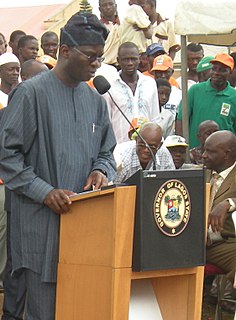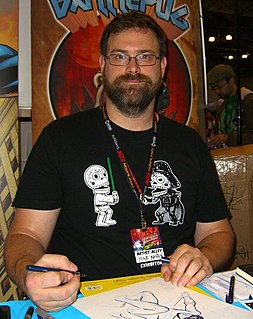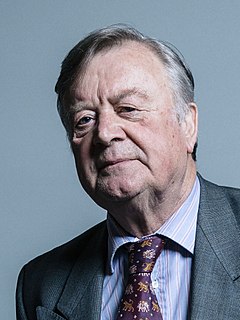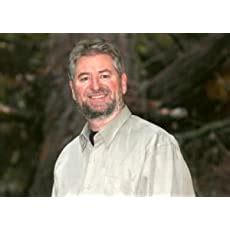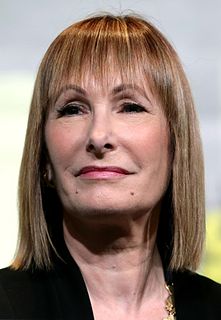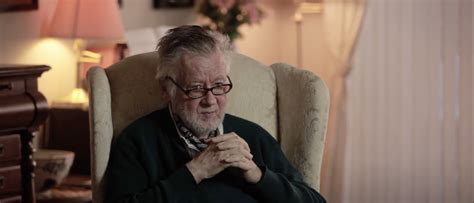Top 1200 Consequences Of Our Actions Quotes & Sayings
Explore popular Consequences Of Our Actions quotes.
Last updated on April 14, 2025.
That the Islamic State is guilty of horrific atrocities is common knowledge. But most Americans seem unaware of the human toll of our own actions, the consequences this has for our national security and our reputation, and that, too often, the civilian casualties we cause are the result of avoidable mistakes. This must change.
It cannot be said too often that actions are good or bad in the light of consequences, and that a clear perception of consequences would control actions. That which increases the sum of human happiness is moral; and that which diminishes the sum of human happiness is immoral. . . . Blind, unreasoning obedience is the enemy of morality.
Clearly, one primary purpose of our existence upon the earth is to obtain a body of flesh and bones. We have also been given the gift of agency. In a thousand ways we are privileged to choose for ourselves. Here we learn from the hard taskmaster of experience. We discern between good and evil. We differentiate as to the bitter and the sweet. We discover that there are consequences attached to our actions.
We now know that we cannot continue to put ever-increasing amounts of CO2 into the atmosphere. Actions have consequences. In fact, the consequences of past actions are already in the pipeline. Global temperatures are rising. Glaciers are melting. Sea levels are rising. Extreme weather events are multiplying.
In short, my vision of a responsible free society is one in which we discourage evil, but do not prohibit it. We make our children and students aware of the consequences of drug abuse and other forms of irresponsible behavior. But after all our persuading, if they still want to use harmful drugs, that is their privilege. In a free society, individuals must have the right to do right or wrong, as long as they don't threaten or infringe upon the rights or property of others. They must also suffer the consequences of their actions, as it is from consequences that they learn to choose properly
The quality of everything we do: our physical actions, our verbal actions, and even our mental actions, depends on our motivation. That's why it's important for us to examine our motivation in our day to day life. If we cultivate respect for others and our motivation is sincere, if we develop a genuine concern for others’ well-being, then all our actions will be positive.
The flow of action continually produces consequences which are unintended by actors, and these unintended consequences also may form unacknowledged conditions of actions in a feedback fashion. Human history is created by intentional activities but is not an intended project; it persistently eludes efforts to bring it under conscious direction.
There are people who say, "God is in complete control of everything that happens, and if the Earth is getting warmer, then maybe God intends that." Well, no. God intends for us to take responsibility for how we treat God's creation, and if we choose to use the thin shell of atmosphere surrounding our planet as an open sewer for 110-million tons of global-warming pollution every day, the consequences are attributable to us. And if you are a believer, as I am, I think God intends for us to open our eyes and take responsibility for the moral consequences of our actions.
Wisdom is not developable, as if it's a matter of luck or personality or genetics. Well it's just not the case. Wisdom involves our accumulated knowledge about a subject but also a reverence for life, for an understanding that our immediate actions have long-term consequences, and for an appreciation that there are different ways of knowing and understanding situations.
No. I believe in free will. I think we make our own decisions and carry out our own actions. And our actions have consequences. The world is what we make it. But I think sometime we can ask God to help us and He will. Sometime I think He looks down and say, 'Wow, look what those idiots are up to now. I guess I better help them along a little'.
Many of our actions degrade our habitat because we undertake them in order to reach goals whose allure blinds us to myriad dire consequences. In order to fuel our complex civilizations, we are lacing our planet's atmosphere with carbon dioxide, a greenhouse gas that, if it has not already begun doing so, will soon warm the Ice Age climate to which we owe our very existence.
[A] private property regime makes people responsible for their own actions in the realm of material goods. Such a system therefore ensures that people experience the consequences of their own acts. Property sets up fences, but it also surrounds us with mirrors, reflecting back upon us the consequences of our own behavior.


















